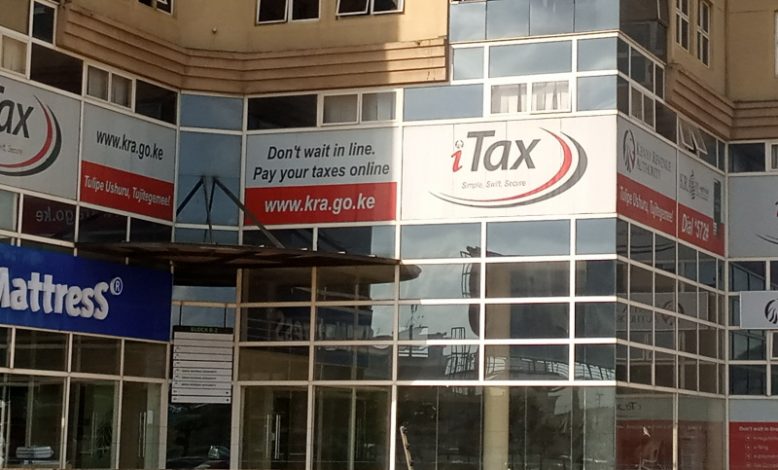Kenyan Taxation System

The country has been facing increasing debt as its import bills have ballooned due to the global pressures caused by Russia’s invasion of Ukraine, this is according to Kiharu Member of Parliament Ndindi Nyoro during a public engagement on Finance Bill organized by Citizen TV.
President William Ruto believes that the situation can be alleviated if the tax base is extended hence the birth of the Finance Bill 2023- which has ignited a robust debate from all walks of life – from teachers to farmers to content creators.
However, as you debate, do you understand the taxation system in Kenya- how to pay taxes, when to pay, and how to pay?
The taxes you have to pay will depend on your income, your business, and your activities and are usually due on a monthly or annual basis.
Taxes are paid online, by mail, or at a Kenya Revenue Authority office.
The Kenyan taxation system is a complex one, but it is important to understand different types of taxes which are categorized under two main heads, direct and indirect taxes.
Direct Taxes include; Income Tax, Capital Gains Tax, Estate Duty, and Gift Tax and indirect taxes include; Value Added Tax (VAT), Excise Duty, Customs Duty, and Stamp Duty.
Income Tax
Income tax is a tax charged on the income of individuals, companies, and other entities. The tax rate is progressive, with the highest rate being 30%.
Capital Gains Tax
Capital gains tax is a tax charged on the profits made from the sale of assets, such as shares, property, and businesses. The tax rate is 15%.
Estate Duty
Estate duty is a tax charged on the value of the assets left behind by a deceased person. The tax rate is 10%.
Gift Tax
A gift tax is a tax charged on the value of gifts given by one person to another. The tax rate is 10%.
Value Added Tax (VAT)
VAT is a tax charged on the value of goods and services sold in Kenya. The standard VAT rate is 16%.
Excise Duty
Excise duty is a tax charged on certain goods, such as alcohol, tobacco, and fuel. The excise duty rates vary depending on the type of good.
Customs Duty
Customs duty is a tax charged on goods imported into Kenya. The customs duty rates vary depending on the good and its country of origin.
Stamp Duty
Stamp duty is a tax charged on certain documents, such as contracts, leases, and share certificates. The stamp duty rates vary depending on the type of document.
Betting Tax
Betting tax is chargeable on the gross gaming revenue of a bookmaker at the rate of 15% as provided by Section 29A of the Betting, Lotteries, and Gaming Act, 1.
Turn Over Tax (TOT)
Turnover Tax(TOT) is a tax charged on gross sales of a business as per Sec. 12(c) of the Income Tax Act.
TOT is payable by resident persons whose gross turnover from business is more than Kshs. 1,000,000 and does not exceed or is not expected to exceed Kshs 50,000,000 in any given year.
It is important to comply with all tax laws in Kenya. Failure to do so can result in penalties, including fines and imprisonment.
The tax man however provides a number of services to help taxpayers comply with tax laws. These services include:
Tax education and awareness
Tax registration and filing
Tax payment
Tax dispute resolution
Tags: Signs Tv Njuguna Ndung'U Finance Bill 2023 Vat Income Tax Duty Tax
Related
Share this article
Experienced and versatile writer, dedicated to using my exceptional writing and editing skills to inform and advocate. My work focuses on educating and entertaining readers on a range of topics, with a particular expertise in matters of disability.
View articles

